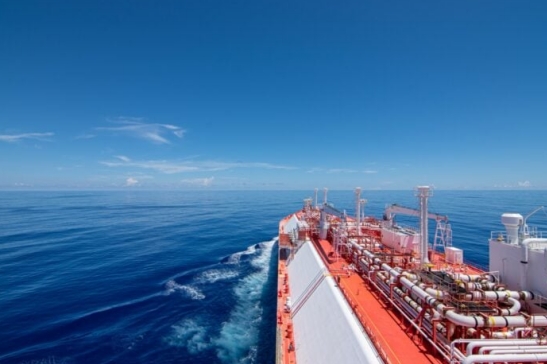EU funds for Greek shipping sector
By Antonis Tsimplakis

Greece holds discussions in order to raise funds, which will be used for the green transition of the coastal shipping fleet, Shipping and Island Policy Minister Christos Stylianidis said, adding that there are many EU funds which could provide support.
Moreover, he noted, that European officials are aware that technology has not advanced as far as everyone could initially consider, so that an immediate transition to zero-emission ships is possible.
In Brussels, they have accepted that coastal shipping will be able to use conventional fuels up to 5%.
Until recently, officials in Brussels maintained a strict position in favor of financing ships that would use 100% zero-emission fuel.
A fact that the minister attributed to the efforts of the Greek government, since Greece has to serve the transportation needs of hundreds of islands.
Regarding the financing of coastal shipping for the transition to green energy, three main sources will be used.
The NSRF, which already provides funds of 80 million euros and this can, as the minister underlined, even reach 400 million euros with the participation of private funds will be allocated mainly for ships that will serve the barren lines. The Recovery Fund and the Innovation Fund will mainly finance large companies.
However, as he underlined, the negotiations will be ongoing for the next four to five years and in this context other financial tools will be used.The ministry is in the process of drawing up a plan for the Greek shipyards, while also promoting a program to install cold ironing systems in 10 Greek ports with a budget of around 180 million to 200 million euros.
Greek shipowners placing twice as many orders as the competition

Greek shipowners have lately significantly accelerated their new shipbuilding programs.
More specifically, from the end of February 2023 to the end of February 2024 they have placed orders for 205 ships, of all types, while the Japanese and Chinese competitors are far behind, with 116 and 94 ships respectively.
In fact, the difference in investment interest in new vessels, compared to the corresponding period of February 2023 to February 2022, is huge, since during that period Greek shipowners had placed approximately 84 orders.
Types of ships
In the last 12 months, Greek shipowners have placed orders for more than 100 tankers, but also for more than 65 bulk carriers.
Orders for containerships are low, while there are 28 for gas carriers.
The orders of the Greek shipowners include ships that can run on liquefied natural gas, with methanol, as well as ships “ready” for other green fuels.
At the same time, there is increased interest in new types of ships, which can transport carbon dioxide and ammonia, while there are also companies with Greek interests that are considering the maritime transport of hydrogen.
There are also many orders for ships powered by conventional fuels, have clear green characteristics and achieve a reduction in consumption from 30% to 40%.
According to Clarksons data, the price for a VLCC supertanker reached 128 million US dollars in 2024 from 120 million US dollars in 2022.
At bulk carriers, capes have reached 67.75 million US dollars from 60.5 million US dollars in 2022.
The increases are also big for Gas carriers, with LPG now costing $117 million from $113.5 million in 2023 and $95.5 million in 2022.
Finally, LNG carriers remain at the beginning of 2024 at 265 million dollars as in 2023, while at 248 million dollars they were in 2022 and at 210 million dollars in 2021.
(Editor: liaoyifan )


